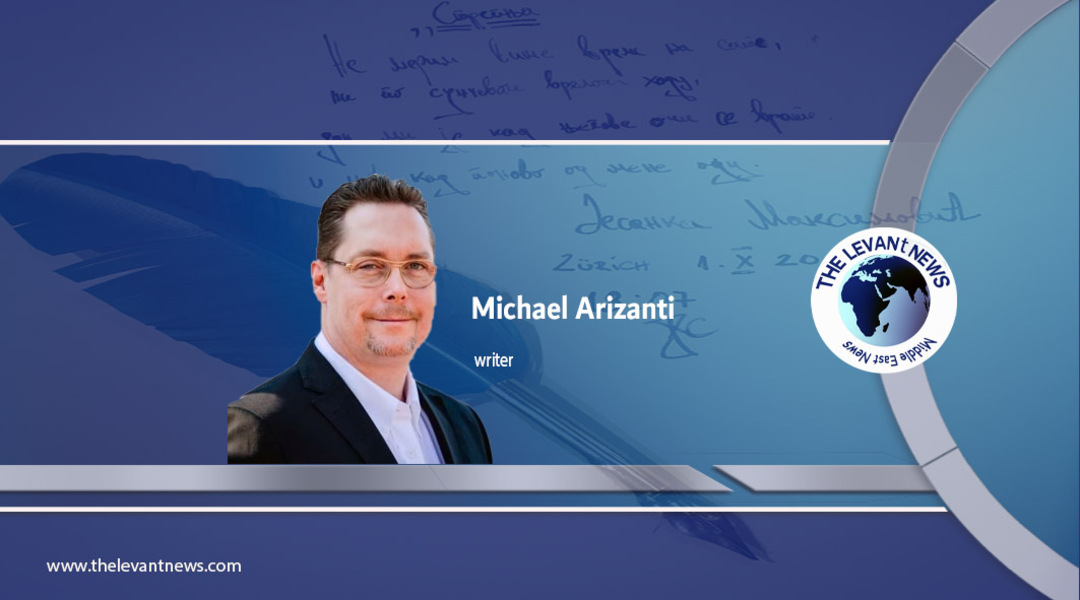-
Turkey's Risky Path: Erdogan's Actions Could Isolate Turkey and Hinder its Ambitions

President Erdogan's recent actions have raised concerns among European nations and drawn renewed attention to Turkey's complex relationship with the West. His alleged support for the Muslim Brotherhood and his stance on Sweden's NATO bid have cast a shadow over Turkey's aspirations for greater influence in the world of Islamism and its desire to secure weapons deals and approval for its fight against the PKK.
Erdogan's ties to the Muslim Brotherhood, a controversial organization with a history of connections to extremist groups, have raised fears among European leaders that Turkey is once again aligning itself with forces that could radicalize Muslim youth in the West.
This concern is particularly acute in light of Turkey's past role in facilitating the flow of foreign fighters to groups like ISIS and al-Nusra.
Europe's apprehension towards Erdogan's actions is further compounded by Turkey's stance on Sweden's NATO membership bid. Despite Sweden's efforts to address Turkey's concerns regarding Kurdish groups, Erdogan has remained steadfast in his opposition, creating an impasse that has strained relations within the NATO alliance.
Erdogan's actions have also jeopardized Turkey's chances of securing F-16 fighter jets and weapons from the United States. The US has expressed concerns about Turkey's ties to Russia and its purchase of the S-400 missile system from Moscow.
Erdogan's support for the Muslim Brotherhood and his stance on Sweden's NATO bid are unlikely to improve Turkey's chances of securing these crucial military procurements.
Erdogan's refusal to accept Sweden's NATO bid is particularly puzzling given the country's close alignment with the alliance.
Sweden has long participated in NATO exercises and contributes to its peacekeeping operations. Its membership would further strengthen the alliance's presence in Northern Europe, a region of growing strategic importance.
Erdogan's actions appear to be driven by a desire to enhance Turkey's regional influence and assert its dominance in the Middle East. However, his approach is creating friction with its Western allies and could ultimately isolate Turkey, hindering its ambitions for greater global influence.
Erdogan faces a critical decision: whether to continue down a path that risks alienating Turkey's allies and partners or to pursue a more conciliatory approach that prioritizes cooperation and integration with the West. The future of Turkey's standing in the world hinges on this choice.
BY: Michael Arizanti
You May Also Like
Popular Posts
Caricature
BENEFIT Sponsors BuildHer...
- April 23, 2025
BENEFIT, the Kingdom’s innovator and leading company in Fintech and electronic financial transactions service, has sponsored the BuildHer CityHack 2025 Hackathon, a two-day event spearheaded by the College of Engineering and Technology at the Royal University for Women (RUW).
Aimed at secondary school students, the event brought together a distinguished group of academic professionals and technology experts to mentor and inspire young participants.
More than 100 high school students from across the Kingdom of Bahrain took part in the hackathon, which featured an intensive programme of training workshops and hands-on sessions. These activities were tailored to enhance participants’ critical thinking, collaborative problem-solving, and team-building capabilities, while also encouraging the development of practical and sustainable solutions to contemporary challenges using modern technological tools.
BENEFIT’s Chief Executive Mr. Abdulwahed AlJanahi, commented: “Our support for this educational hackathon reflects our long-term strategic vision to nurture the talents of emerging national youth and empower the next generation of accomplished female leaders in technology. By fostering creativity and innovation, we aim to contribute meaningfully to Bahrain’s comprehensive development goals and align with the aspirations outlined in the Kingdom’s Vision 2030—an ambition in which BENEFIT plays a central role.”
Professor Riyadh Yousif Hamzah, President of the Royal University for Women, commented: “This initiative reflects our commitment to advancing women in STEM fields. We're cultivating a generation of creative, solution-driven female leaders who will drive national development. Our partnership with BENEFIT exemplifies the powerful synergy between academia and private sector in supporting educational innovation.”
Hanan Abdulla Hasan, Senior Manager, PR & Communication at BENEFIT, said: “We are honoured to collaborate with RUW in supporting this remarkable technology-focused event. It highlights our commitment to social responsibility, and our ongoing efforts to enhance the digital and innovation capabilities of young Bahraini women and foster their ability to harness technological tools in the service of a smarter, more sustainable future.”
For his part, Dr. Humam ElAgha, Acting Dean of the College of Engineering and Technology at the University, said: “BuildHer CityHack 2025 embodies our hands-on approach to education. By tackling real-world problems through creative thinking and sustainable solutions, we're preparing women to thrive in the knowledge economy – a cornerstone of the University's vision.”
opinion
Report
ads
Newsletter
Subscribe to our mailing list to get the new updates!




















